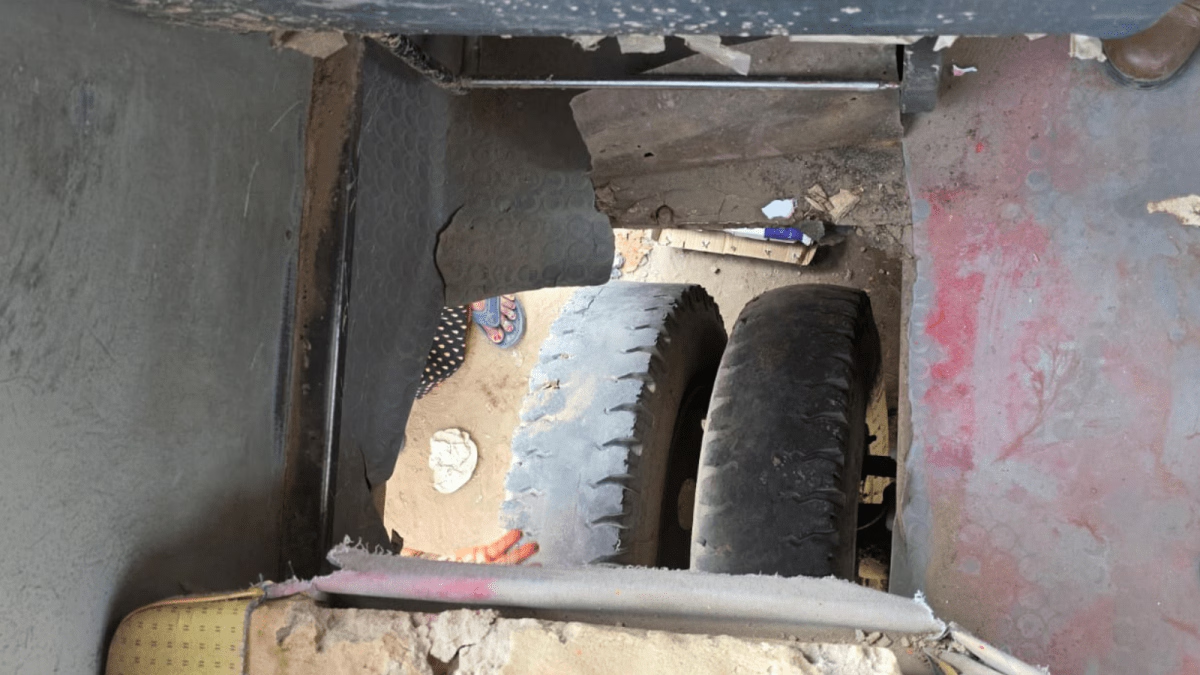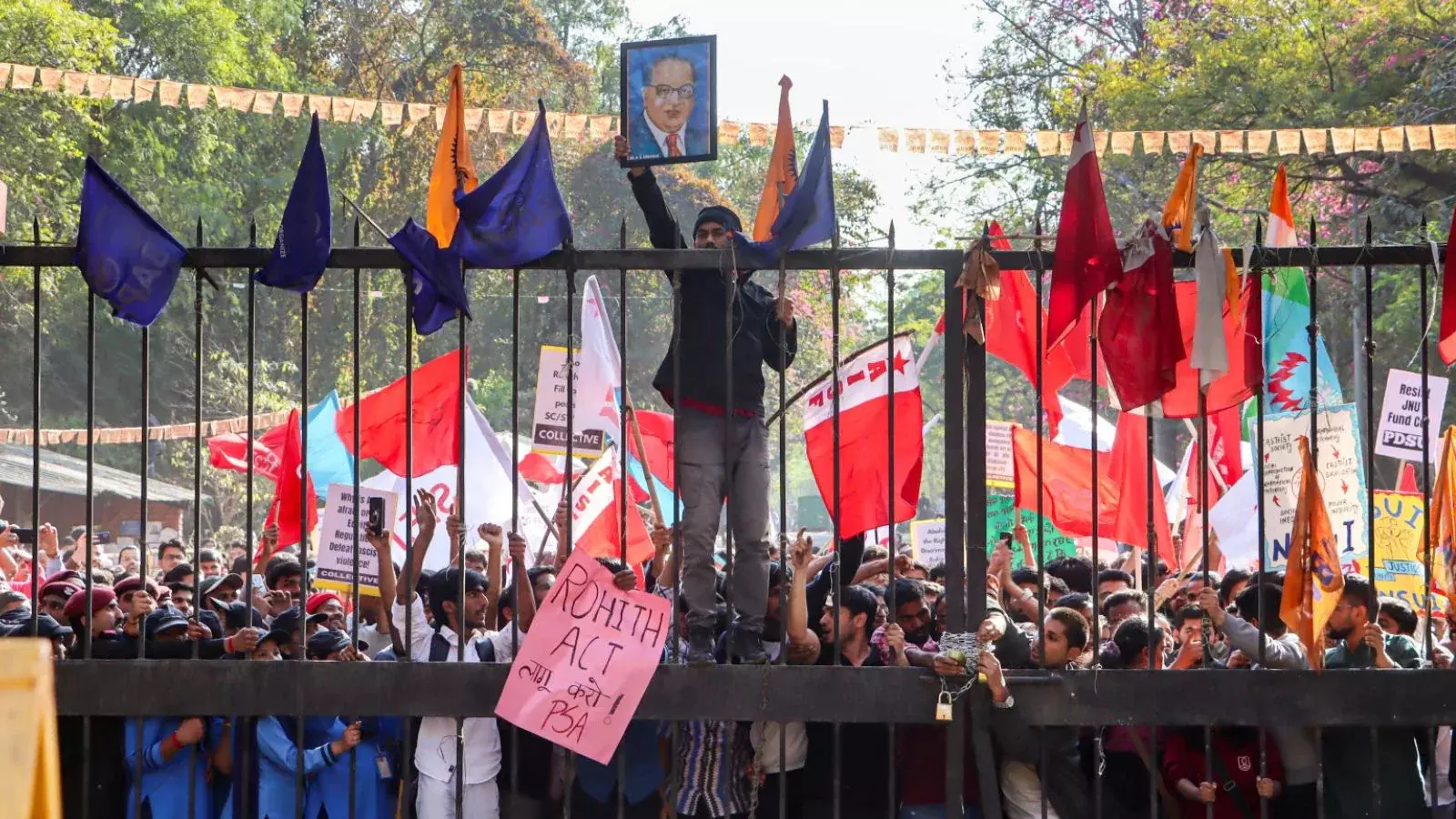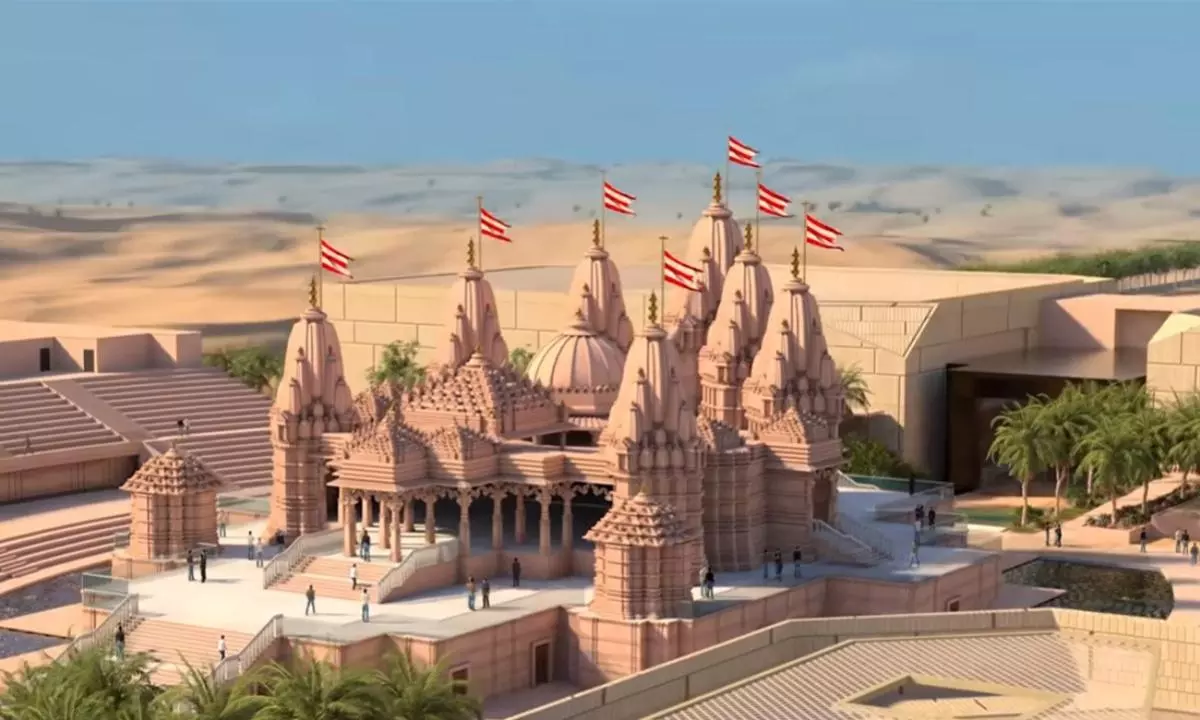
A pastor's testament to people of India
text_fieldsPlaces of worship are being built all over the country at the cost of billions. Above them are placed the crowns which may be called crowns of architecture. Many new places of worship are built on the model of grand towers carved by blessed stonemasons, carpenters, iron smiths, artisans etc built centuries ago when there were no technological facilities like what exist now. Even in America and Islamic countries, the places of worship of the minority communities are emerging as symbols of tradition and religious harmony.
A few years ago, I read the news that the UAE government honoured a Keralite businessman named Saji Cherian who built a mosque in Fujairah for Muslims. It was the government of Dubai that provided the space and facilities to build the Sikh Gurdwara. The Hindu king of Kodungallur provided land and facilities to build India's first mosque. All of these are equally conducive to the worship of God and the harmony of human minds. However, the demolition of Babri Masjid a few years ago remains an unhealed wound in our country. What would befit a secular state isto protect disputed sites and places of worship under the Antiquities Act. The fact that this was not followed, and rivers of blood flowed where the Ganga of love should have flowed, are incidents that deeply hurt the national conscience.
In our country now, various religious communities are building places of worship as if in a competition. Many are constructed to such heights that they can be called skyscrapers. Some trusts may have money for this. Some may be giving donations too. But we cannot forget the situation of our country where millions of poor people live. Don't all religious scriptures teach us that the welfare of those people should be prioritized in a nation where crores of poor people live? All believers, not any one community alone, who wish not to see any fellow human beings suffer or be in hardship, should think of this with good intentions. Let me mention one more thing.
Freedom of worship is guaranteed by our constitution to people of all religions. Within the framework of that constitution, one can conduct his worship. But mixing (or causing to mix) fundamentalism with faith is like mixing milk and blood. They don't go together. But this is done with some ulterior motives. What they seek is not the favor of God, but the profit of votes. Mixing religion in politics to win votes is tantamount to giving worship to a demon that should be given to God the Saviour. The result is verbal altercations, mutual conflict, caning, outbursts, and above all, the spread of hatred. Social media, which can be very beneficial if used well, is now misused by some to spew poison.
The policy of discriminating against certain religions has got stronger for three decades. Bringing up things from the days of India's partition and propagating that only some people are responsible for all this is like adding fuel to the fire. There is only a very small percentage of people who want animus to grow in society. Leaders of various religious communities have played a major role in communal harmony and peaceful life in Kerala. The Panakkad Thangal family is a good example of that. We also see Sabarimala pilgrims paying their respects at Vavar's mosque. The platform of religious harmony is purity of mind. It is the responsibility of friends to nurture it. After all, religious harmony is actually human harmony. I used to be a constant presence at congregations promoting religious harmony in central Kerala. Nowhere was there a sound of provocation. It is this spirit that we should deliberately nurture. When a cross was found in Sri Ayyappan's holy precincts and caused a great communal fury, mature leaders of all religions conferred and found a solution to the problem. Those who tried to take advantage were defeated. Such mature leadership should always be there to lead us.
It should be recognized that the phenomenon of shrinking of the minds of believers who build grand structures to worship God is a sign of a disease. One can take part in the celebrations of all communities as a cultural event. It should not be confused with religion. The Thrissur Pooram and shows are cultural festivals of all people. All religious people are members of their committees. When there are any legal issues related to this (eg fire-crackers) that is dealt with by all together. They strengthen harmony in the midst of challenges. There is also a good history in the country where the Prophet's birthday celebration and the temple festival of the place came simultaneously on one day and the committee members sat together, discussed and conducted both programs at different times in a cordial manner.
Our country should be remembered for such noble minds. In a similar manner, each religion should be remembered for its songs of peace and love. This is a note written by a pastor for the followers of different religions in the country. I hope you will accept it as a prescription of medicine or will. And I pray for the unity of the country.


























